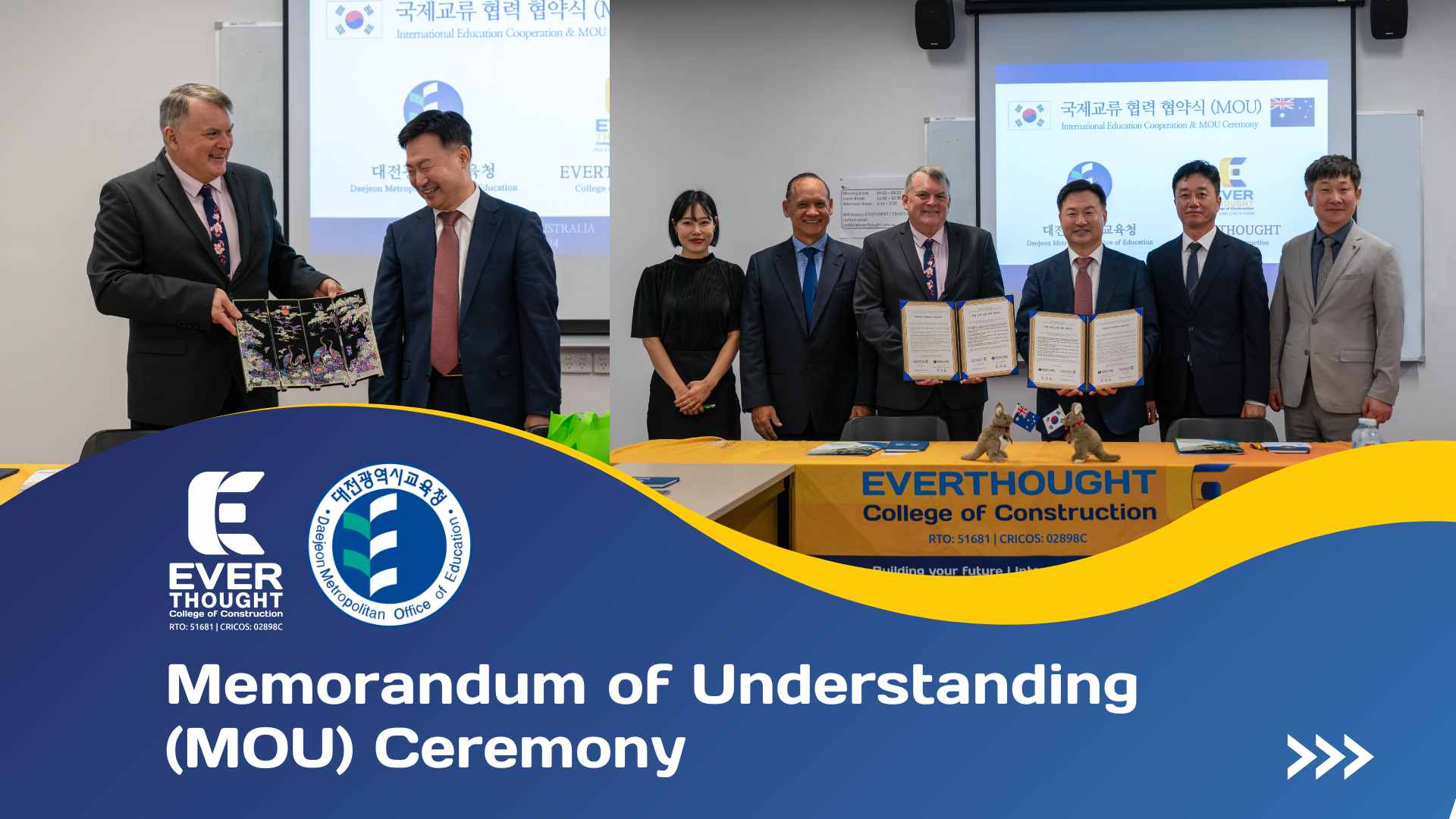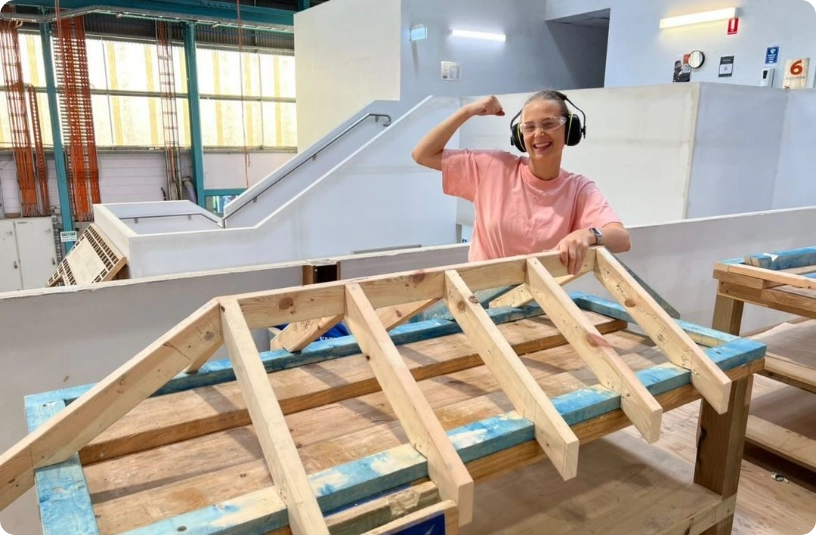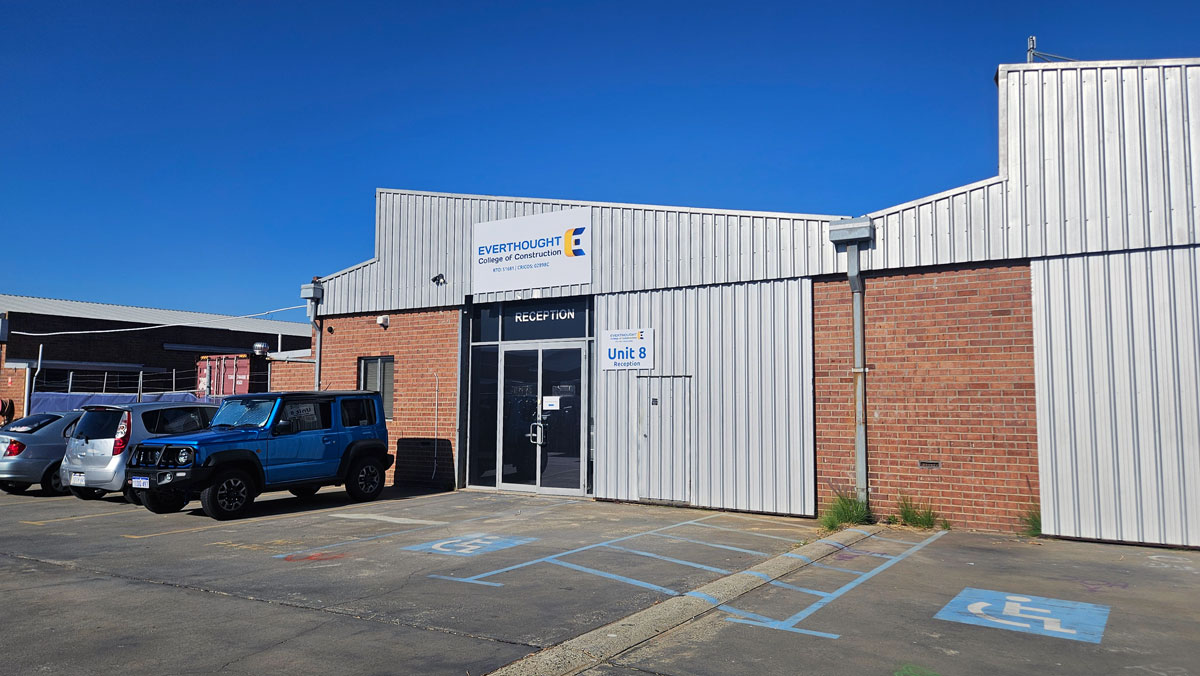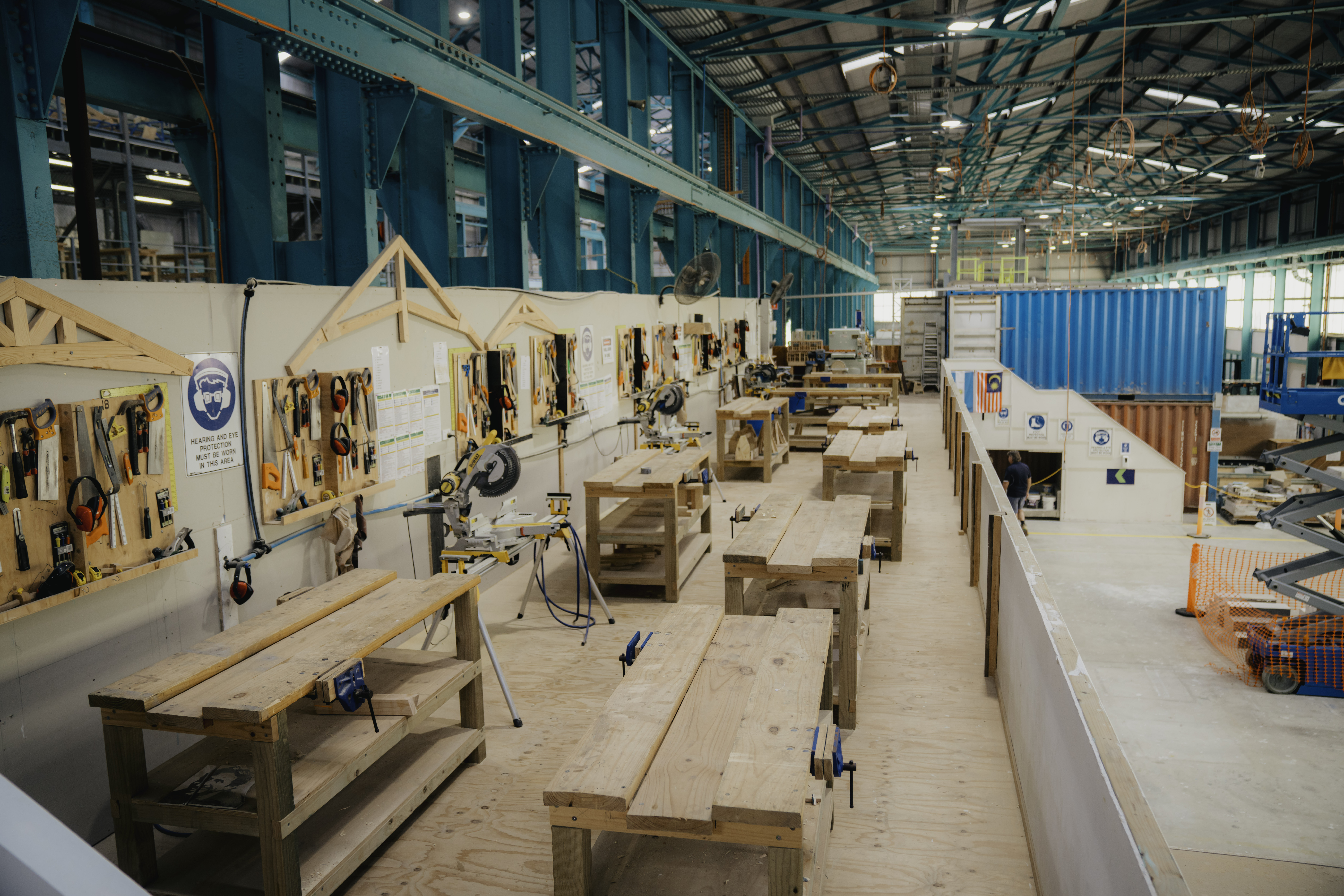Entering the bricklaying industry requires mastering a variety of essential skills, understanding the necessary qualifications, and knowing the costs involved. This guide will break down the steps on how to become a bricklayer, from obtaining the necessary education and training to understanding the financial and time commitments involved.
With expert insights, you’ll find clear and actionable information to navigate this career path successfully.
Understanding the Bricklaying Profession
Understanding your pathway into the bricklaying profession starts with the CPC33020 Certificate III in Bricklaying and Blocklaying at Everthought. Upon successful completion of this qualification, learners should possess the skills and knowledge necessary to work in the industry.
Here are some essential considerations for prospective students:
- Costs Involved: Entering the profession involves various expenses such as course fees, textbooks, and examination fees, which should be planned for in advance.
- Duration and Study Requirements: The time required to complete Certificate III varies based on individual commitment and learning pace. The programme is designed to be flexible, accommodating different schedules while ensuring comprehensive training.
- Recognised Certification: Upon successful completion, learners receive the Certificate III in Bricklaying and Blocklaying, a certification recognised across the industry, validating their expertise and opening doors to numerous opportunities.
- Instructor Qualifications: The quality of instruction is paramount. Educators in this field are not only highly qualified but also bring extensive real-world experience, ensuring that the training provided is up-to-date with current industry practices and standards.
If you’re ready to explore these considerations further, continue reading to fully understand what it takes to become a bricklayer and how to successfully navigate this rewarding career path as you take up CPC33020 Certificate III in Bricklaying and Blocklaying with us.
Becoming a Bricklayer: A Comprehensive Guide
Understanding the Role and Its Requirements
The role of a bricklayer is complex and extends beyond merely laying bricks. It requires the ability to read and interpret architectural plans, calculate material quantities accurately, and ensure compliance with building codes and regulations.
Gaining a comprehensive understanding of these requirements is essential, as it will set the foundation for a successful and thoughtful career in the bricklaying industry.
Educational Foundation
To begin a career in bricklaying, a high school diploma is typically required, with an emphasis on mathematics, English, and technical drawing. These subjects are crucial as they develop fundamental skills necessary for effective communication and basic arithmetic, both of which are indispensable in the bricklaying profession.
Apprenticeship and Training
Enrolling in an accredited apprenticeship programme is a critical step towards becoming a skilled bricklayer. These programmes combine theoretical learning in classroom settings with practical, on-the-job training under the supervision of experienced bricklayers.
In this dual approach, apprentices learn the theories and then apply them in real-world scenarios, enhancing their skills and understanding of the trade.
Certification and Professional Development
Upon completing an apprenticeship, obtaining certification is essential. This certification serves as a formal acknowledgment of the bricklayer’s skills and competence, with requirements varying across different jurisdictions.
Continuous professional development is crucial for remaining competitive and up-to-date with the latest techniques and materials. Bricklayers should engage in ongoing learning through workshops, industry publications, and professional networks.
Cost Analysis and Project Planning
Understanding the financial aspects involved in bricklaying projects is crucial for effective planning and execution. This includes an initial investment breakdown covering material procurement, labour costs, and permit acquisition.
During the project, managing ongoing expenses, such as equipment maintenance and unforeseen costs, is essential. A final cost analysis should also be considered, encompassing final inspections and the clearing of outstanding invoices.
Quality Assurance and Expanding Reach
Quality assurance in bricklaying ensures that the education and training provided meet the highest standards and remain relevant to industry needs.
Additionally, expanding the geographic reach of educational opportunities through online platforms and strategic partnerships allows students from various regions to access quality training, ensuring that location is not a barrier to receiving a top-notch education in bricklaying.
Frequently Asked Questions
What do Everthought courses entail?
At Everthought, our courses provide a comprehensive blend of theoretical knowledge and hands-on practice tailored to the building and construction industry.
Whether it’s CPC50220 Diploma of Building and Construction (Building) or RII60520 Advanced Diploma of Civil Construction Design, we emphasise understanding crucial concepts while ensuring that students gain the practical skills necessary for application in real-world scenarios.
Our curriculum is rigorously updated to reflect the latest industry changes, ensuring that our content remains relevant, insightful, and directly applicable to your professional growth.
Are Everthought courses suitable for novices?
At Everthought, we are deeply committed to the educational success of our students. We foster a supportive and engaging learning environment, enhanced by direct and transparent communication. Our approach includes providing regular feedback and responding swiftly to any inquiries, helping ensure that every student understands their progress and feels confident in their learning journey.
We strive to empower our learners, guiding them towards achieving their educational and professional goals with confidence and clarity.
How will Everthought support my learning journey?
At Everthought, we are enthusiastic about education and motivated by our students’ success. We provide direct and transparent communication and a supportive learning environment to all our students. We provide regular feedback and promptly reply to queries, ensuring everyone has a clear understanding of their progress.
Everthought represents a trusted advisor that directs and empowers. Our balanced approach creates an accessible learning environment for everyone. Unhindered by industrial cliches, we focus on clear, actionable knowledge designed to foster successful bricklaying careers.
We invite anyone seeking to navigate their educational and professional path with unwavering confidence and clear focus.
Key Points to Remember
- Practical and Theoretical Learning: Balance your education with a mix of classroom theory and hands-on training through apprenticeships.
- Recognised Qualifications: Completing your training with a recognised certification like the CPC33020 Certificate III in Bricklaying and Blocklaying at Everthought is crucial, as it validates your skills and opens up more career opportunities.
- Stay Updated: Engage in continuous professional development through workshops, courses, and industry publications to keep your skills relevant.
- Understand Costs: Be aware of the costs associated with training, including course fees, textbooks, and tools, so you can plan for these expenses to manage your education smoothly.
- Select the Right Institution: Choose an educational provider that not only offers accredited and comprehensive training but also supports your learning journey with experienced instructors and a robust learning environment.
- Online and On-Site Options: If location is a barrier, look for programmes that offer online learning options or have multiple campuses to ease access to education.
- Networking: Use your training period to build connections within the industry through apprenticeships and professional networks.
Everthought is committed to shaping future leaders in the construction industry. We provide a dynamic and holistic educational experience through a broad array of industry-specific courses, seasoned professionals, and top-tier facilities.













